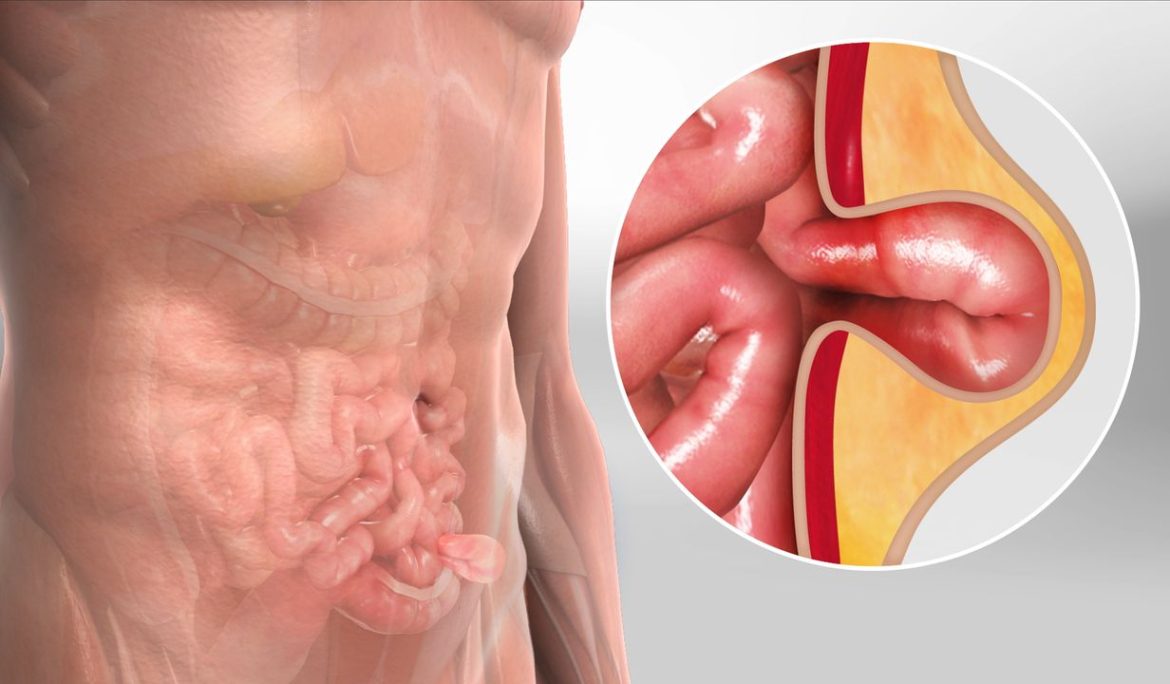Heavy lifting is a common part of daily life—whether you’re working out in the gym, lifting luggage, handling equipment at work, or carrying household items. While lifting is essential for building strength and performing routine tasks, doing it incorrectly can put excessive pressure on your abdomen and increase the risk of developing a hernia.
A hernia occurs when an internal organ or tissue pushes through a weak spot in the muscle or surrounding connective tissue. One of the most common triggers for hernia formation is improper heavy lifting. The good news is that hernia can often be prevented with correct techniques, proper body mechanics, and a little awareness.
In this blog, we will explore what causes a hernia, why heavy lifting is a major risk factor, and how you can protect yourself by following simple preventive steps.
What Is a Hernia?
A hernia is a bulge that forms when internal tissues—usually the intestine or fat—protrude through a weak area in the abdominal wall. Hernias are commonly found in these regions:
- Inguinal (groin area)
- Umbilical (near the navel)
- Femoral (upper thigh near the groin)
- Incisional (at the site of previous surgery)
- Hiatal (stomach pushing through the diaphragm)
While some hernias are painless at first, they may cause discomfort, heaviness, or pain during activities like lifting, coughing, or straining.
Why Does Heavy Lifting Cause Hernia?
Heavy lifting increases intra-abdominal pressure. When you lift without proper form or if your muscles are weak, this pressure forces internal tissues to push outward. Over time, this pressure may create a new hernia or worsen an existing weak spot.
Common causes during lifting include:
- Using your back instead of your legs
- Holding your breath while lifting
- Sudden jerking or twisting movements
- Lifting weights that are too heavy
- Lifting when tired or unwell
- Lifting right after a heavy meal
These mistakes increase your abdominal strain and weaken the muscle wall.
Who Is at Higher Risk of Hernia?
While anyone can get a hernia, certain groups are more vulnerable:
- People who lift heavy objects frequently
- Individuals with weak abdominal muscles
- Gym beginners lifting too much weight too soon
- People who are overweight
- Smokers (due to chronic coughing and weak tissues)
- Those with a family history of hernia
- Individuals with previous abdominal surgeries
If you belong to these categories, being extra cautious is important.
Top Ways to Prevent Hernia While Heavy Lifting
1. Use Correct Lifting Technique
Proper posture is the most important factor in preventing hernia.
- Bend at the knees, not the waist
- Keep your back straight
- Tighten your core muscles
- Hold the object close to your body
- Lift slowly—avoid sudden movements
- Do not twist your body while lifting
Using your legs instead of your back reduces abdominal pressure and prevents injury.
2. Strengthen Your Core Regularly
A strong core provides excellent support to your abdomen and minimizes hernia risk.
Include exercises such as:
- Planks
- Side planks
- Leg raises
- Crunch variations
- Bridges
- Bird-dog exercise
Just 10–15 minutes of daily core training can make a big difference.
3. Avoid Heavy Lifting After Eating
Lifting immediately after a heavy meal is dangerous because the stomach is already full, increasing abdominal pressure naturally.
After eating:
- Wait at least 45–60 minutes before lifting
- Avoid strenuous exercise
- Avoid bending forward suddenly
Giving your digestive system time reduces the risk of hernia formation.
4. Use a Support or Lifting Belt
If you lift regularly—either in the gym or at work—an abdominal or lifting belt can help stabilize the muscles.
Benefits include:
- Reduced abdominal pressure
- Better posture
- Improved core support
- Prevention of muscle strain
However, belts are supportive, not a substitute for proper form.
5. Maintain a Healthy Body Weight
Excess weight puts additional strain on the abdominal wall, making hernia more likely. Losing even a small amount of weight can reduce pressure and prevent recurrence.
Focus on:
- Balanced diet
- Regular exercise
- Hydration
- Avoiding junk and processed foods
Healthy weight supports muscle integrity.
6. Avoid Heavy Lifting When Tired or Sick
Fatigue reduces muscle strength and control. Coughing, especially due to infections, increases abdominal pressure.
Avoid lifting when:
- You are extremely tired
- You have a cold or cough
- You are dehydrated
- Your muscles are sore or weak
Always listen to your body.
7. Don’t Lift Excessively Heavy Weights
Whether you are at the gym or lifting objects at home:
- Know your limit
- Increase weights gradually
- Avoid ego lifting
- Use assistance if needed
- Use proper equipment
Progressive training is safer and more effective than sudden heavy lifting.
Warning Signs of a Hernia
Seek medical attention if you experience any of the following:
- Visible bulge in the groin or abdomen
- Pain while lifting or straining
- Heaviness or pressure in the groin
- Burning or pulling sensation
- Swelling that increases when standing or coughing
- Sudden severe pain (could be a medical emergency)
Do not ignore these symptoms, as untreated hernias may worsen over time.
When Should You See a Doctor?
You should consult a general surgeon if:
- You notice a new bulge
- The pain is increasing
- The swelling becomes hard or does not go back inside
- You have nausea, vomiting, or severe discomfort
Early diagnosis ensures faster treatment and prevents complications such as hernia strangulation.













